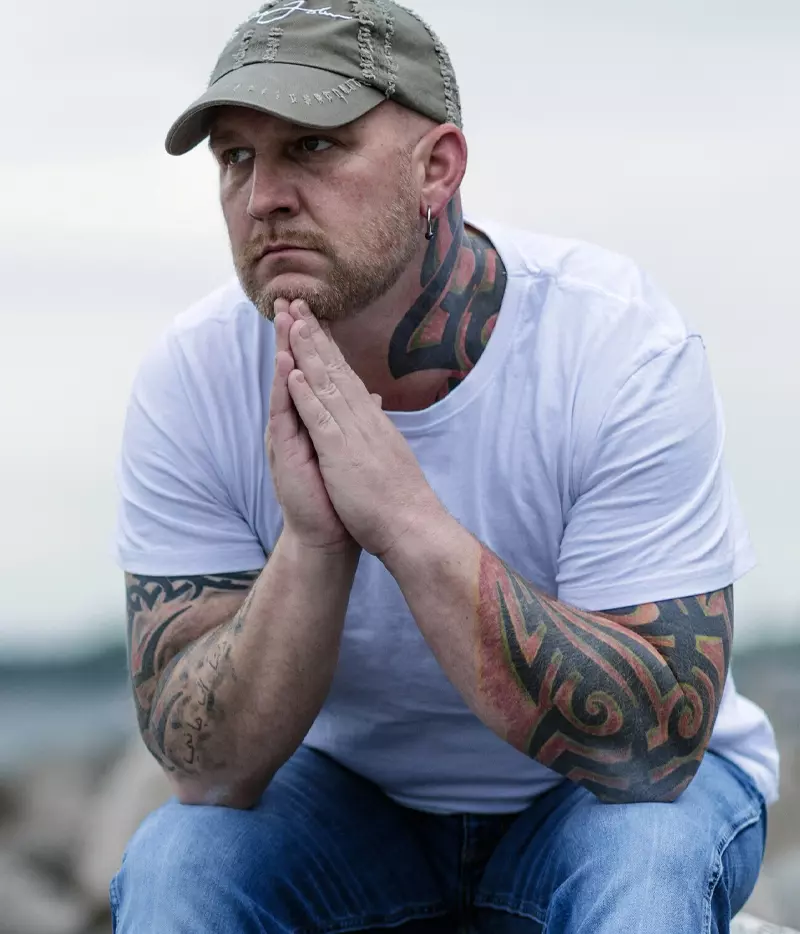Therapy for Posttraumatic Stress Disorder (PTSD) and Other Traumas
If you’ve experienced trauma, you know that it can be deeply distressing, frightening, and disturbing.
LEARN ABOUT US AND MEET OUR THERAPISTS
How You May Feel After Trauma
You may have a variety of feelings and responses to trauma that might include some or many of the following:
- Shock and denial
- Confusion, hard time concentrating
- Irritability, agitation, anger, physical arousal (like you drank three pots of coffee), overly alert and watchful, easily startled
- Feeling exhausted, sad, hopeless, or depressed
- Mood swings
- Fear, anxiety, stress
- Guilt, self-blame, and shame
- Isolation or withdrawal
- Nightmares, sleep disturbances, or flashbacks
- Sudden, intrusive thoughts or memories of the event
- Blocking out important details or not remembering the event
- Headaches or dizziness
- Light or sound sensitivity
- Feeling numb, in a daze, detached, or disconnected from the people and world around you (immediately after severe trauma)
Also, your response may be different from someone else who experienced the same or similar trauma. For instance, you may want to leap into action—or temporarily withdraw. You may want to tell everybody about the incident—or you may not want to talk about it at all.
All of these reactions are normal and natural.
However, if the effects of your trauma are severe or last longer than a few days, you may have a stress disorder. Both adults and children can develop stress disorders.

Types of Stress Disorders
Therapists may categorize trauma responses or stress disorders into three categories:
- Acute (caused by a single, severe event) stress disorder (ASD)
- Posttraumatic stress disorder (PTSD)
- Complex/Chronic posttraumatic stress disorder (Complex PTSD)
Let’s explain what these terms mean.
Acute Stress Disorder (ASD)
Trauma can be caused by a single event, for example:
- Being in a serious accident
- Witnessing a sudden death
- Learning about a traumatic violent event or accident of a close family member
- Having a life-threatening experience
- Being sexually or physically assaulted
- Living through a catastrophe, such as an earthquake, fire, or tornado
If you develop trauma/stress symptoms that last from 3 days to one month after a single traumatic event, you may have acute stress disorder (ASD).
Our therapists are trained to help.
Posttraumatic Stress Disorder (PTSD)
However, you may have posttraumatic stress disorder if:
- Your acute stress disorder (ASD) lasts longer than a month
- You’ve been exposed to repeated trauma
Repeated Trauma
Unlike acute trauma, ongoing trauma isn’t caused by a single event. Instead, it’s caused by repeatedly being exposed to highly stressful events. For example, these highly stressful events might include:
- Battle or war
- Domestic violence (or witnessing it)
- Ongoing sexual abuse
- Physical or emotional abuse
Our therapists are trained to help.
Complex PTSD
Recognized by the international community, the third type of trauma disorder is called complex posttraumatic stress disorder.
Complex PTSD can occur in adults or children, it’s caused by repeated exposure to many different traumatic events, such as violence, neglect, or abuse—especially as a child or teen.
Our therapists are trained to help.
When to Get Help After a Trauma
The American Psychiatric Association has a manual that helps in the diagnosis of stress disorders, it’s called the Diagnostic and Statistical Manual of Mental Disorders or the DSM-5. It outlines very specific criteria that help your counselor know if you’re suffering from the symptoms of trauma.
Trauma Just Happened: Crisis Management Therapy
Immediately after a traumatic event, crisis management therapy can help you recover from an acute traumatic event.
Trauma Symptoms Last More Than a Month
If your trauma symptoms last a month or longer, it’s time to seek counseling.
We believe everyone can recover and heal from trauma.
To facilitate the process, we use a range of techniques from talk therapy to body-centered therapy. These techniques help to release and process the emotional pain and incorrect beliefs that have dominated your way of being, many of which are outside of your awareness.
How to Heal From Trauma
Free yourself to live a full and joyful life. Schedule an appointment.
More on Complex Posttraumatic Stress Disorder
Origins and Severity of Complex PTSD
Complex PTSD tends to be worse if your:
- Trauma occurred early in your childhood
- Parent or caregiver caused the trauma
- Traumatic experiences occurred over a long time
- Trauma occurred while you were alone
- Contact with the person responsible for the trauma is maintained
What Complex PTSD Looks Like
If you have Complex PTSD, you may:
- Have many of the same symptoms as people with PTSD
- Feel shameful, guilty, or not good enough
- Struggle to control your emotions
- Have physical aches and pains
- Isolate yourself
- Struggle with relationships
- Want to harm yourself or engage in risky behavior
- Abuse alcohol or drugs
Subtle Origins
The origins of complex PTSD can be subtle. For example, a child can develop Complex PTSD when parents are so busy that they hardly pay attention to a child’s physical and emotional needs.
Less Subtle Origins
Alternatively, the origins of Complex PTSD can be more obvious, for example:
- Repeated bullying by your sibling
- A parent who threatens, “I’ll give you something to cry about”
- Chaos, yelling and screaming in your home
- A parent who scoffs, “Stop bothering me with your ridiculous problems”
As a child, you may have felt painful emotions—feelings that were not safe for you to express.
These buried emotions can stay with you for a lifetime. Additionally, you may have a profound sense that something is wrong with you—that you’re unworthy of love, respect, happiness, or other pleasures in life.
Read Lisa Aranas’ blog to discover how CPTSD can lead to other diagnoses, such as anxiety and depression, bipolar disorder, and more.
CONTACT OUR OFFICE
